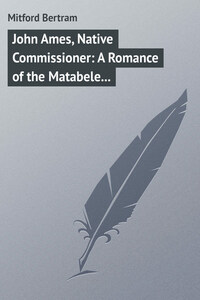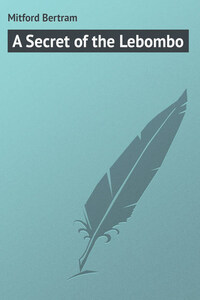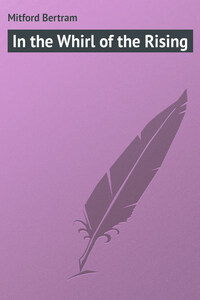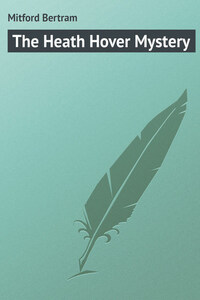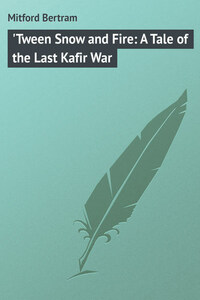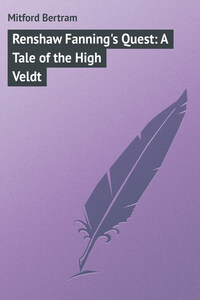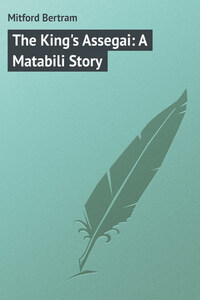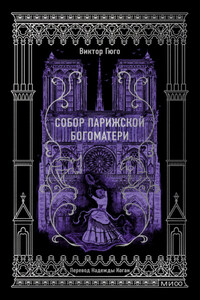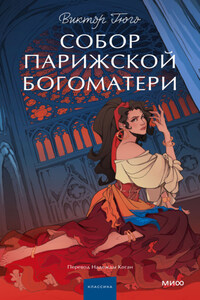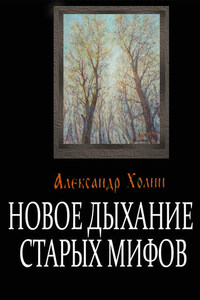Chapter One.
Madúla’s Cattle
Madúla’s kraal, in the Sikumbutana, was in a state of quite unusual excitement.
The kraal, a large one, surrounded by an oval ring-fence of thorn, contained some seventy or eighty huts. Three or four smaller kraals were dotted around within a mile of it, and the whole lay in a wide, open basin sparsely grown with mimosa and low scrub, shut in by round-topped acacia-grown hills bearing up against the sky-line at no great distance.
The time was towards evening, usually the busy time of the day, for then it was that the cattle were driven in for milking. But now, although the sun was within an hour of the western horizon, no lowing herds could be descried, threading, in dappled streams, the surrounding bush, converging upon the kraal. The denizens of the calf-pens might low for their mothers, and might low in vain; and this was primarily at the root of the prevailing excitement.
In the neighbourhood of the chief’s hut squatted six or eight head-ringed men, sullen and resentful, conversing not much, and in low murmurs. At a respectful distance the young men of the kraal clustered in dark groups; less reserved, judging from the fierce hubbub of angry voices, which their elders made no effort to restrain. Few women were visible, and such as were, kept well within the shelter of the huts at the back of those of the chief, peering forth anxiously, or darting out to retrieve some fat runaway toddler, which seemed to be straying in the direction of all sorts of imaginary danger. And, in the centre of all this brewing commotion, quite unconcerned, although clearly the object of it, stood ten men, or to be more accurate, eleven. These were of the same colour and build, of the same cast of features, as those around them, but whereas the excited inhabitants of the kraal wore nothing but the mútya, these were clad in neat uniform, consisting of blue serge tunic, red-braided khaki knee-breeches, and fez caps; and while the others showed no weapons – as yet – save knobsticks, these were armed with Martini rifles and well-filled bandoliers. They consisted, in fact, of a sergeant and ten men of the Chartered Company’s Matabele Police, and to their presence and errand there at that time was due the brooding, not to say dangerous, excitement prevailing. The nature of that errand stood revealed in the indaba then being held between the two opposing parties.
“Who talks of time?” said the police sergeant, swelling himself out in his uniform, with the swagger of a native of no class who finds himself in a position of authority, and by virtue of it qualified to domineer over and flout those of his own race to whom formerly he looked up with deference. “Who talks of time? You have had time, Madúla – more than enough time – yet the cattle have not been sent in. Now we have come to take them. It is the ‘word’ of the Government.”
A click, expressive of contemptuous disgust, broke from the groups of bystanders, and with it deep-toned murmurs of savage wrath. But its only effect was further to develop the arrogant swagger of the native sergeant.
“Keep your dogs quiet, Madúla,” he said insolently, with a sneering glance at the murmurers. “Hau! A man cannot talk amid such a barking of curs.”
“A man! Hau! A man! A dog rather. A dog – who cringes to those who throw stones at him and his father’s house,” they shouted, undeterred by the presence of their elders and chief; for the familiar, and therefore impudent manner in which this uniformed “dog of the Government” had dared to address their chief by name, stung them beyond control. “Who is the ‘dog’? Nanzicele, the bastard. Not his father’s son, for Izwe was a brave man and a true, and could never have been the father of such a whelp as Nanzicele. Au! Go home, Nanzicele. Go home!” they shouted, shaking their sticks with roars of jeering laughter, in which there was no note of real mirth.
At these insults Nanzicele’s broad countenance grew set with fury and his eyes glared, for beneath the uniform seeming to tell of discipline and self-restraint, the heart of a savage beat hard – the heart of a savage as fierce and ruthless as that which beat in the dusky breast of any of those around. A Matabele of pure blood, he had fought in the ranks of Lo Bengula during the war of occupation, and that he and others should have taken service under their conquerors was an offence the conquered were not likely to forgive. As to his courage though, there was no question, and for all his insolence and swagger, no qualm of misgiving was in his mind as he faced the jeering, infuriated crowd with a savage contempt not less than their own. They represented a couple of hundred at least, and he and his ten men, for all their rifles and cartridges, would be a mere mouthful to them in the event of a sudden rush.
“Dogs? Nay, nay. It is ye who are the dogs – all dogs – dogs of the Government which has made me a chief,” was his fierce retort, as he stood swelling out his chest in the pride of his newly acquired importance. “You have no chiefs now; all are dogs – dogs of the Government. I —
